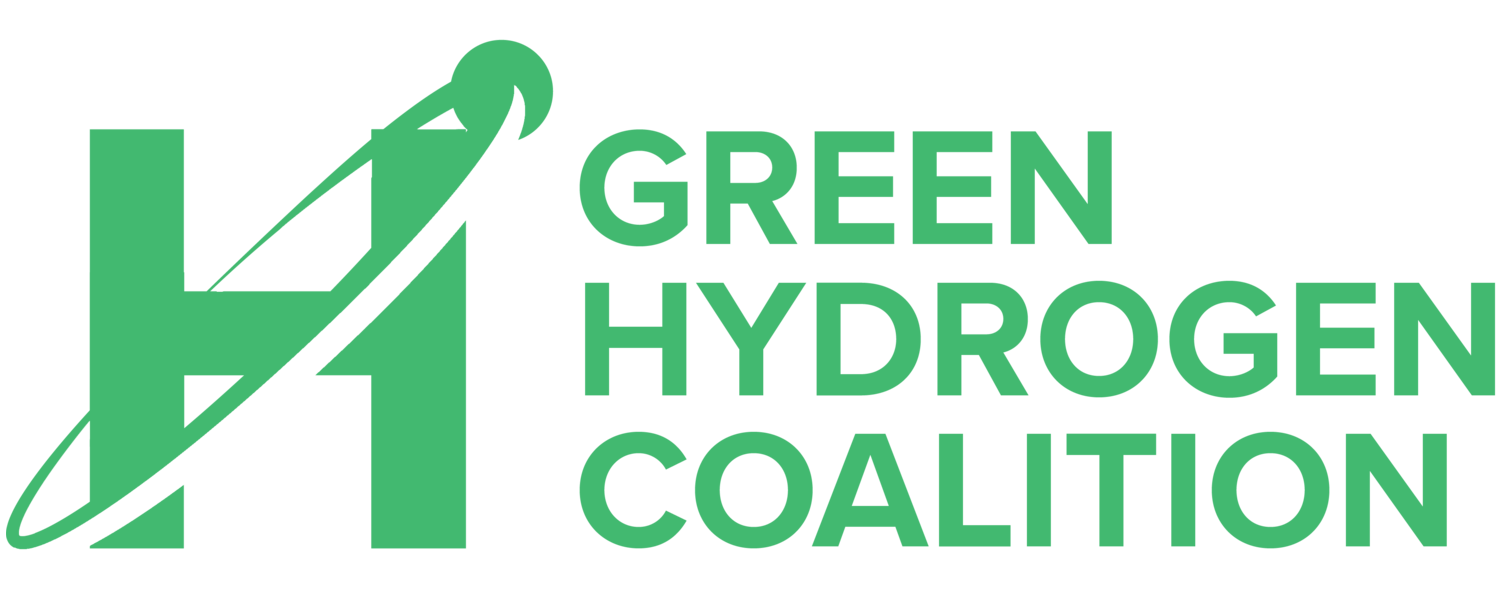WGHI Convening Brief | Equity, Energy Justice, and Community Benefits
The Western Green Hydrogen Initiative (WGHI) hosted a virtual convening this year that brought together public sector leaders from states with diverse resources, social and political landscapes, and energy needs. The convening included a presentation from the U.S. Department of Energy’s (DOE’s) Office of Clean Energy Demonstrations (OCED), a presentation from the National Association of State Energy Officials (NASEO), and a panel of state government leaders working on clean hydrogen. This brief details the learnings from that convening and offers options for states to better integrate equity, justice, and community benefits considerations in their efforts to stand up clean hydrogen programs.
As clean hydrogen has gained popularity among federal and state policymakers and the private sector, a growing number of community and environmental groups have raised concerns with the fuel, and with their lack of involvement in hydrogen decision-making thus far. These concerns have resulted in opposition to hydrogen projects across the country. It is essential for state governments and project developers to seek to understand and work to address these concerns in coordination with communities.
While this work can be difficult, clean hydrogen policies and projects that acknowledge and genuinely address these concerns will ultimately have the greatest chance at success and result in the greatest benefit for communities. Developing and utilizing a comprehensive stakeholder engagement strategy prior to the development and implementation of projects and policies is also helpful in ensuring communities, local governments, and others are not only consulted but also considered partners in the process.

